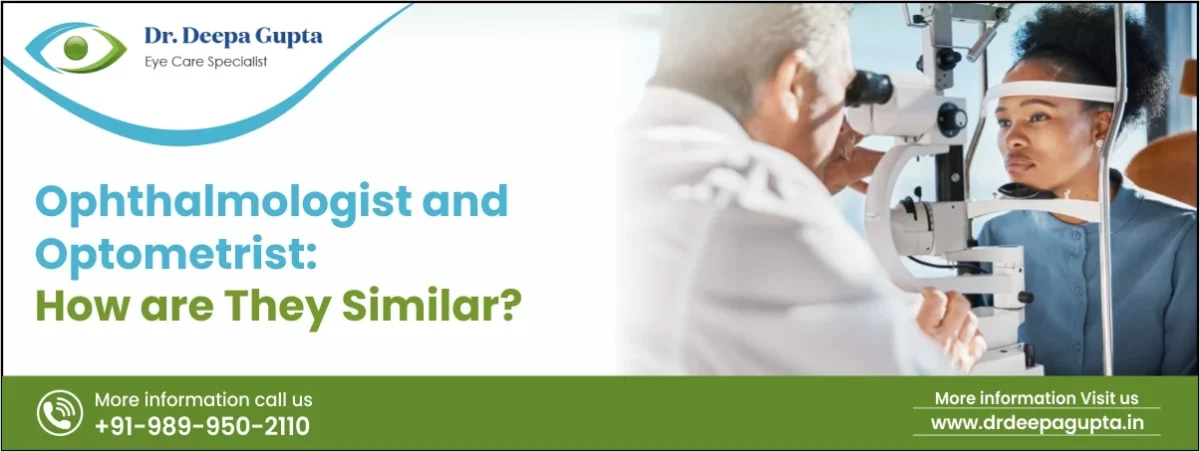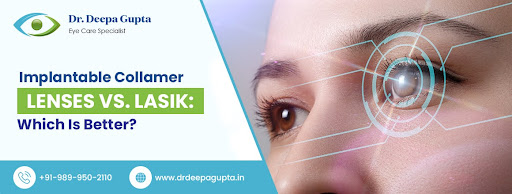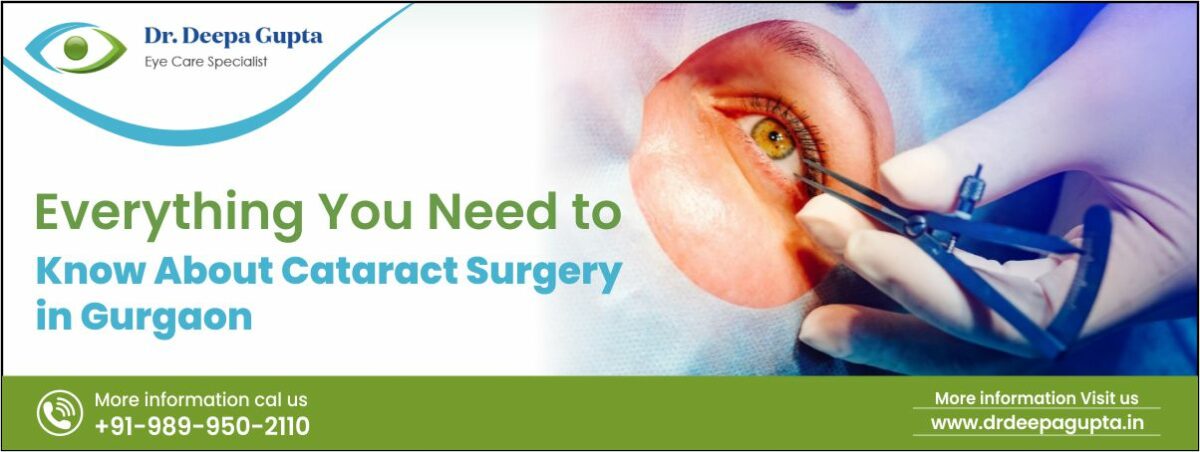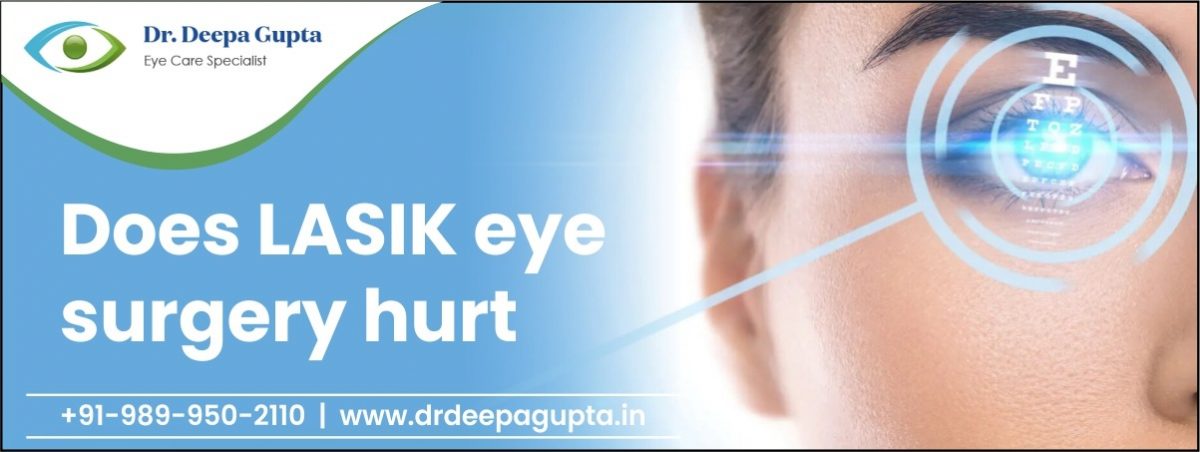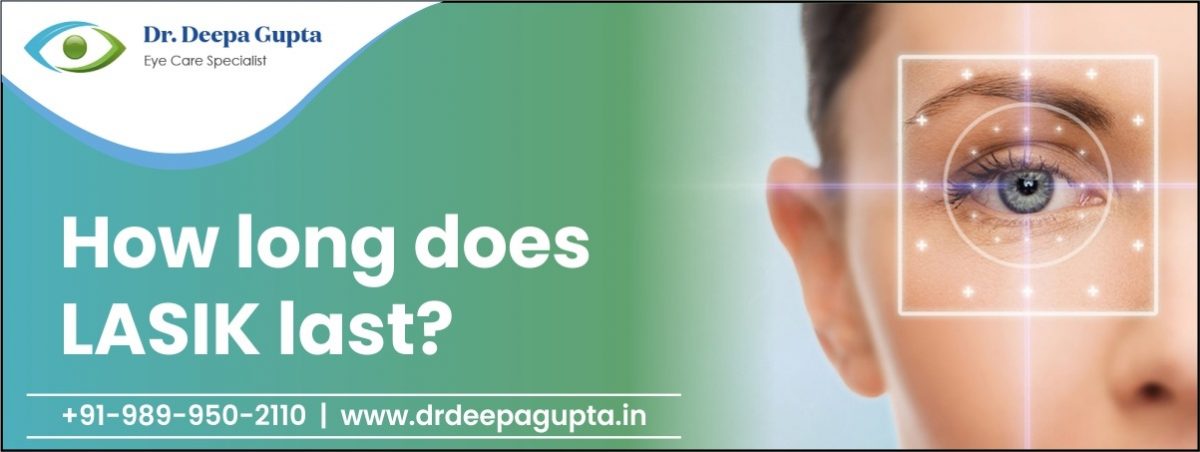Blogs
What is Contoura Vision Surgery? How Many Types of Advantages & Disadvantages Are There?
Ophthalmologist and Optometrist: How are They Similar?
How Much Does Keratoconus Treatment Cost in Gurgaon?
Implantable Collamer Lenses vs. LASIK: Which Is Better?
Myths Dispelled Regarding Pediatric Ophthalmology: What Should Affirm Your Concerns!
Understanding Keratoconus Treatment: Exploring the Stages and Innovative Approaches – PRK vs. Laser
Advantages and Disadvantages of Lasik Eye Surgery
Conjunctivitis: Types, Symptoms, Causes, and Treatment
Expertise and Compassionate Care: Choosing the Best Eye Doctor in Gurgaon
Everything You Need to Know About Lasik Surgery Cost in Gurgaon
Keratoconus- What are the 3 Effective Treatments?
Everything You Need to Know About Cataract Surgery in Gurgaon
How many types of keratoconus treatment cost
Can Pregnancy result in Blurred Vision?
Worried about vision loss with aging? Ways to prevent it
Which Lens Is Best For Cataract Surgery?
Know About Keratoconus
Does LASIK Eye Surgery Hurt?
How long does LASIK last
Signs You’re A Good LASIK Candidate
Contact us
Visit us:
1. Lall Eye Care New Railway Road, Gurgaon, Haryana – 122001
2. Lall 20/20 Eye Care 50 SP, Sector 45, Gurgaon, Haryana


